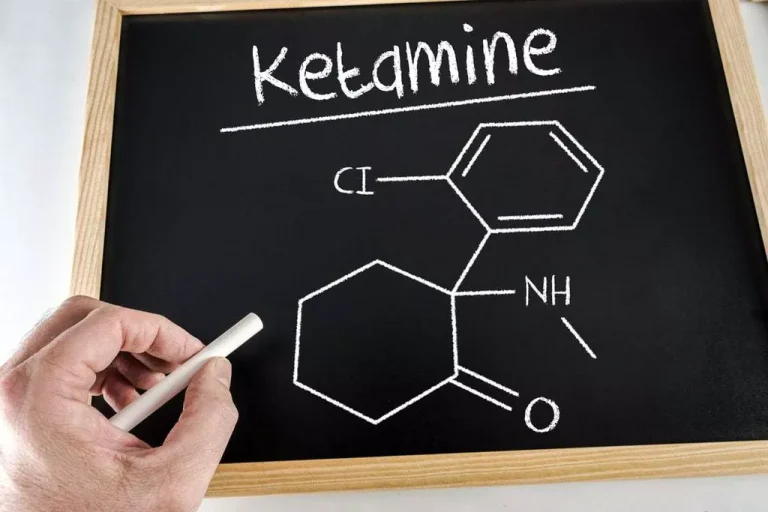
When portal hypertension develops, it reduces that alcohol and bruising expectancy, primarily due to the risk of internal bleeding it can cause. Decompensated cirrhosis has an average life expectancy of seven years. Severe, untreatable diseases and other complications can speed up that timeline. If you’re diagnosed with alcoholic hepatitis, you must stop drinking alcohol. People who keep drinking alcohol have a high risk of serious liver damage and death. Finally, one potentially serious cause of alcohol and bruising is alcohol liver disease.
If you do have symptoms, they may include pain or discomfort in the upper right side of your abdomen, fatigue, or unexplained weight loss. However, if the disease progresses, it is often not reversible. Medications and lifestyle modifications may also be prescribed depending on the stage. Chronic heavy drinking can cause alcoholic hepatitis, which is the inflammation of your liver. One common sign of alcoholic hepatitis is jaundice, where the skin and whites of your eyes look yellowish.


This is one of the most common side effects of long-term alcohol consumption. Only a couple of drinks can cause vasodilation of blood vessels close to the skin, leading to potential bruising if you bump your body against a hard surface. According to Scott Swartzwelder, Ph.D. (coauthor of Buzzed), consistent vasodilation caused by drinking alcohol leads to more blood flowing through your blood vessels. Over-the-counter herbal and vitamin supplements are becoming increasingly common and can have an influence on clotting time and increase the risk of bruising.

But too much scar tissue prevents your liver from working properly. Often, cirrhosis shows no signs or symptoms until liver damage is extensive. If you notice any of these symptoms, you should speak to your doctor.
If you can stop or minimize the inflammation causing cirrhosis, it may not progress to the decompensated stage. But you’ll have to continue to protect your liver for the rest of your life. Primary liver cancer (hepatocellular carcinoma) is another possible complication of cirrhosis.
If you’re on the waiting list for a liver transplant, a transplant might save your life. Healthcare providers recommend liver transplantation when they feel that your health will continue to decline without one. This might be the case if you are in active liver failure, have liver cancer and/or you aren’t responding to treatment for your liver disease. If you meet the qualifications for a liver transplant, you’ll join a national waiting list to receive one.

Even though alcohol has become a significant part of everyday life, early-stage alcoholics often deny that they have a problem and may be defensive about their drinking. They may also rationalize, or make excuses, for their behavior and insist they can stop drinking whenever they feel like it. Medication can help reduce some of the symptoms of alcoholic neuropathy.